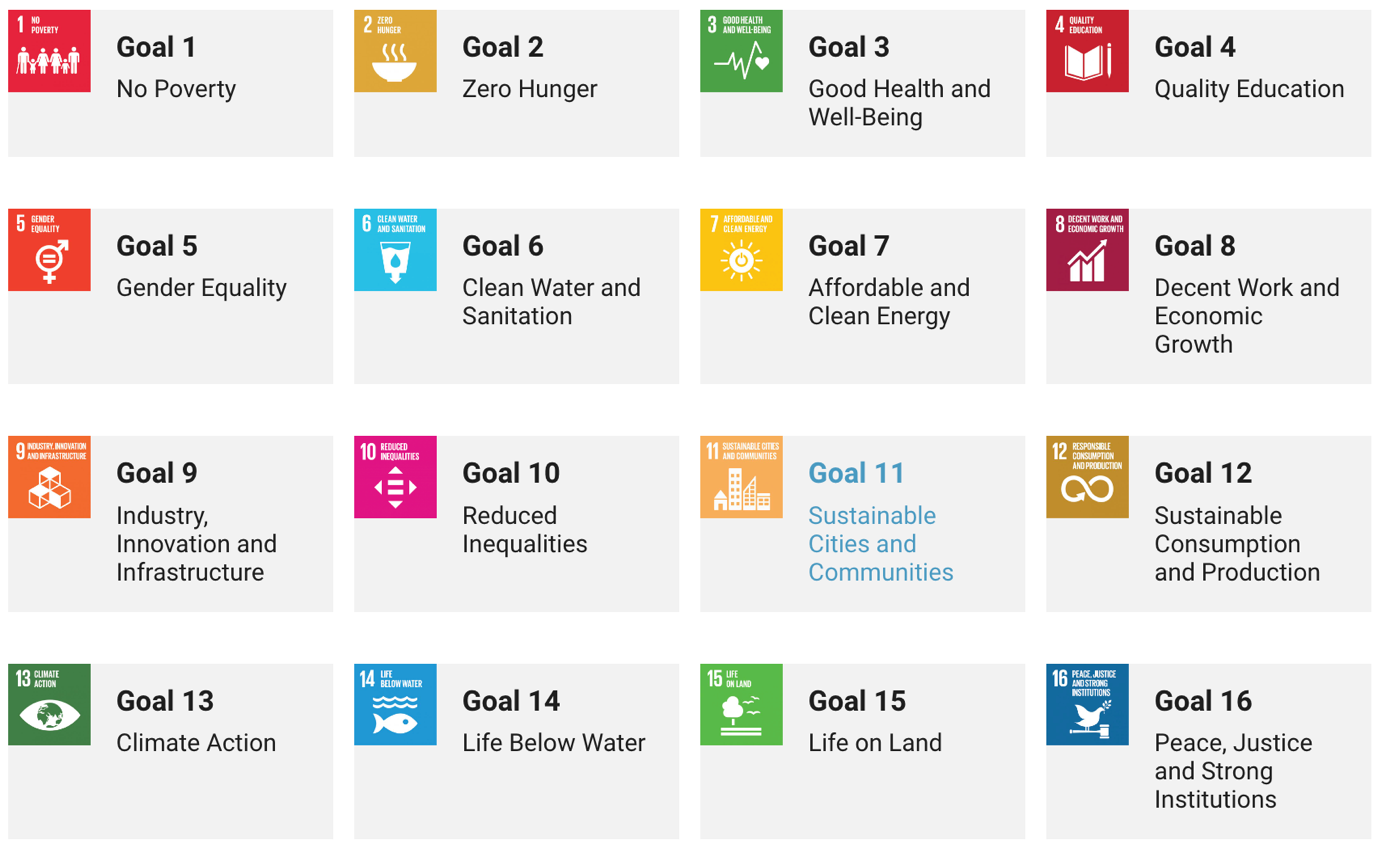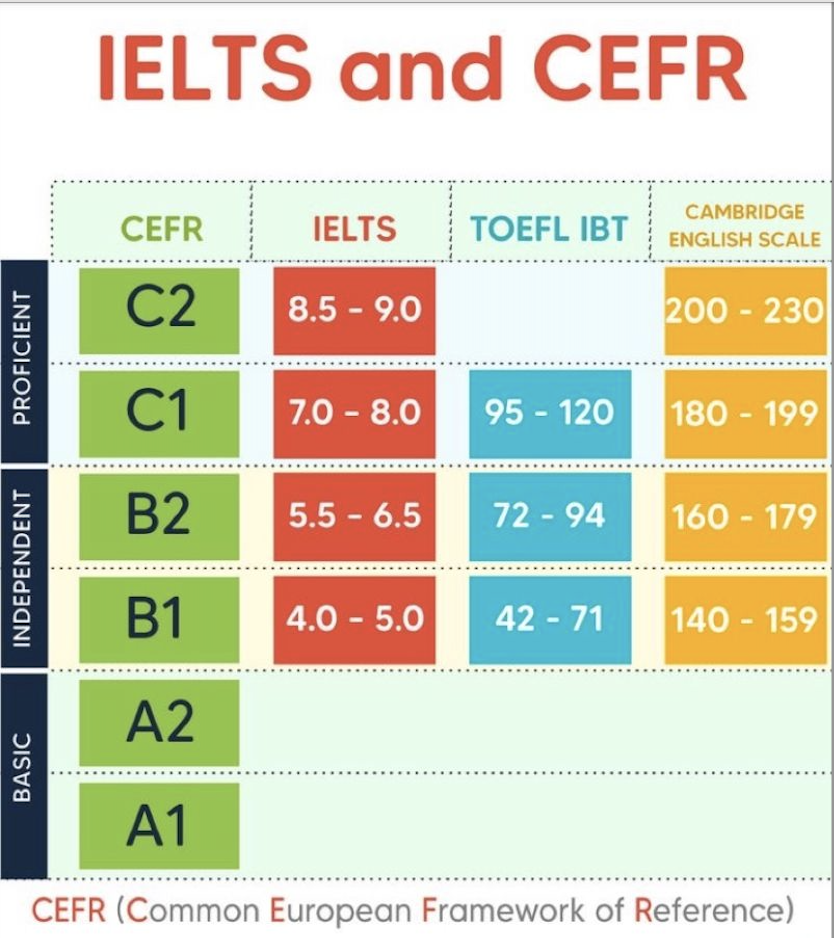Welcome
Sue Robbins
Develop Your English
with the United Nations Sustainable Development Goals
Note that links in this e-book do not open in a new tab. If you access any of the links on any page, click the back button in your browser to return to Develop Your English when you are ready.
Introduction
I’m delighted that you are planning to use this book to help with the development of your English language skills. Develop Your English can be used in a classroom, but is also suitable if you are working by yourself. It includes automated feedback in the electronic versions and a full answer key in the PDF version, so you can assess your progress as you work your way through the 16 Units.
Use the Contents menu on the left-hand side to navigate your way through the book (click the down arrow to reveal the menu). Click the + button next to each section to reveal the Units, and again to reveal the sections within Units.
The material
The material in Develop Your English is based on the United Nations ![]() . The Sustainable Development Goals (SDGs) were adopted in 2015 by the United Nations and its member states as an ambitious programme ‘to promote shared prosperity and well-being for all’ by 2030. These 16 global topics overlap with real-world issues from many perspectives, addressing how people, resources, and money are used in the world.
. The Sustainable Development Goals (SDGs) were adopted in 2015 by the United Nations and its member states as an ambitious programme ‘to promote shared prosperity and well-being for all’ by 2030. These 16 global topics overlap with real-world issues from many perspectives, addressing how people, resources, and money are used in the world.

You can find out about the 2030 Agenda for Sustainable Development here if you are interested. Just for fun, do this quiz to see if you can match the title of each SDG with the correct icon.
The 16 Units in Develop Your English each deal with one of the SDGs and are organised thematically into four sections. Each Unit provides information about the SDG and features a written text and a podcast taken from The Conversation, an independent source of news and views sourced from the academic and research community. You’ll read articles that summarise contemporary research from authors in all parts of the world and listen to a range of voices and accents from people using English as a world language.
You’ll find a range of interesting and challenging tasks to help you develop all four language skills (reading, writing, speaking and listening). In addition to tasks that aim to extend your range of reading and listening skills as you tackle longer stretches of authentic text, there are systematic vocabulary development tasks and a focus on grammar derived from the text, so that everything you do is contextualised by what you are reading or listening to. Accuracy work will focus attention on selected grammatical and lexical items to examine and review, and you will be encouraged to use English to formulate complex responses to the material and share these with others.
In each Unit you’ll find a section where data is represented visually as an infographic, a bar chart, or a graph, etc. It is a useful skill to learn how to read information presented in a visual format, and it is useful to see multiple examples of how to take complex information and represent it visually to help a reader understand it more easily, and to remember the information.
There is a deliberate recycling of ideas designed to aid retrieval practice and strengthen your ability to consolidate your learning and commit it to your long-term memory, as well as allowing for an understanding of how the 16 SDGs interact and overlap to develop. You’ll have opportunities to elaborate your understanding of the material and relate it to concrete examples from your own life.
You can access the Units in any order, but remember that there is plenty of deliberate recycling to help you consolidate your learning and commit new knowledge and language items to memory, so I suggest working through the Units chronologically.
Online and download versions
If you are using Develop Your English online, the e-book includes a wide range of interactive tasks that help develop your language abilities. All of the tasks offer instant, automated feedback and you can immediately see what you have got right and what you have got wrong. This allows you to assess your understanding at every stage. Note that the scores for the interactive tasks are not recorded anywhere and no data is kept. The automated feedback is a developmental tool and is there to help you understand more about your level of mastery of particular language skills, vocabulary or grammatical items. It doesn’t function as a test score. You are welcome to do the tasks as many times as you like, until you are secure in your understanding.
Some browsers don’t support all the features that Pressbooks has to offer. For this reason Pressbooks recommends that you view Develop Your English on the latest version of one of these supported browsers:
- Chrome
- Edge
- Safari
- Firefox
If working online is not an option for you but you have an internet connection, you have the ability to download the textbook to your own computer in EPUB version, where the interactivity will be maintained.
If access to a computer or a stable internet connection is limited, you can download and print a PDF version of the book. In the PDF version of Develop Your English you’ll complete the tasks by writing the answers on the page or in a notebook, and you’ll find an answer key and full transcripts at the end of the book so that you can check your progress.
For either of these options click on the DEVELOP YOUR ENGLISH title at the top of this page to return to the front of the book, and click ‘Download this book’, selecting the Print PDF option.
You can also download all of the audio files that you need for the listening and pronunciation tasks. Go to the Figshare page to find out how to do that.
What language level do you need?
Develop Your English will suit you if you are at an upper intermediate level and hoping to achieve an advanced level of English proficiency.
If the following English language test scores are familiar to you, then the book should help you progress from a good independent level to a proficient level.

The CEFR (Common European Framework of Reference for Languages) is an international standard for describing language ability. It describes what language learners can do at different stages of their learning. The Global Scale described below provides a concise overview of ability at each CEFR level. If you can do the three things listed in the box below (B2), and hope to develop your English to do the four things in the second box (C1) Develop Your English should help you do that.
|
Global Scale B2 Independent user or Upper Intermediate |
|
|
Global Scale C1 Effective operational proficiency or Advanced |
|
I hope that engaging with the materials in Develop Your English will bring you some valuable language benefits, namely – communication, connection, cultural exchange, exploration, and personal development.
Extension activities
After each pair of Units you are offered a series of voluntary activities designed to help you develop your English further. In the e-book there is a wide range of activities, and depending on the skill you most want to develop you can choose to complete one or more of them. In the download version of Develop Your English there is just one activity, but it serves the same purpose. These are not tests, and no marks are awarded. They are an opportunity for you to further develop a language skill, based on a self-assessment of your own needs.
At the end of the e-book you’ll also find a wide range of web resources and self-study suggestions if you would like to continue developing your English after you have completed the book.
Good luck
I’d like to wish you all the best as you work to Develop Your English. I hope you find the learning process stimulating as you engage positively with some of the pressing issues that we face in the world today.
If you have access to the internet you can check out my website and read my blog. I’d love to hear from you in the comments.
Best wishes

Sue Robbins


